Floor wall tiles have long been a popular choice for enhancing the aesthetics and functionality of interior spaces. These versatile tiles come in a wide variety of materials, colors, sizes, and styles, making them suitable for just about any room in your home or commercial space. Whether you’re looking to create a sleek and modern look, a rustic and cozy atmosphere, or a luxurious and sophisticated feel, floor wall tiles can help you achieve your design goals with ease. In this comprehensive guide, we’ll delve into the world of floor wall tiles, exploring their benefits, different types, installation process, maintenance tips, and much more. By the end of this article, you’ll have all the information you need to transform your space with the timeless beauty and durability of floor wall tiles. Benefits of Floor Wall Tiles: Floor wall tiles offer a myriad of benefits that make them a popular choice among homeowners and designers alike. Firstly, they are incredibly durable and long-lasting, making them ideal for high-traffic areas such as kitchens, bathrooms, and entryways. Their resistance to wear and tear, stains, and moisture makes them a practical and cost-effective flooring option. Additionally, floor wall tiles are available in a wide range of styles, patterns, and finishes, allowing you to unleash your creativity and personalize your space to reflect your unique taste and personality. Whether you prefer the timeless elegance of marble, the industrial chic of concrete, or the warmth of wood-look tiles, there’s a floor wall tile to suit every aesthetic preference. Moreover, floor wall tiles are easy to clean and maintain, requiring minimal effort to keep them looking as good as new for years to come. With regular sweeping and occasional mopping, you can ensure that your floor wall tiles retain their beauty and functionality for a lifetime.
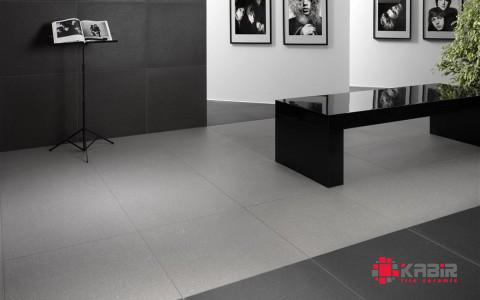
.
 Types of Floor Wall Tiles: When it comes to floor wall tiles, the options are virtually endless. From natural stone and porcelain to ceramic and glass, each type of tile offers its own unique characteristics and advantages. Here are some of the most popular types of floor wall tiles: 1. Porcelain Tiles: Known for their exceptional durability, water resistance, and versatility, porcelain tiles are a top choice for both residential and commercial applications. They come in a variety of finishes, from matte to high-gloss, and can mimic the look of natural stone or wood with remarkable authenticity. 2. Ceramic Tiles: Ceramic tiles are a budget-friendly option that offers endless design possibilities. They are available in an array of sizes, colors, and patterns, making them a versatile choice for any room in your home. While ceramic tiles are not as durable as porcelain, they are still a popular option for areas with moderate foot traffic. 3. Natural Stone Tiles: For those looking to add a touch of luxury and sophistication to their space, natural stone tiles such as marble, granite, and travertine are an excellent choice. Each piece of natural stone is unique, creating a one-of-a-kind look that adds character and elegance to any room.
Types of Floor Wall Tiles: When it comes to floor wall tiles, the options are virtually endless. From natural stone and porcelain to ceramic and glass, each type of tile offers its own unique characteristics and advantages. Here are some of the most popular types of floor wall tiles: 1. Porcelain Tiles: Known for their exceptional durability, water resistance, and versatility, porcelain tiles are a top choice for both residential and commercial applications. They come in a variety of finishes, from matte to high-gloss, and can mimic the look of natural stone or wood with remarkable authenticity. 2. Ceramic Tiles: Ceramic tiles are a budget-friendly option that offers endless design possibilities. They are available in an array of sizes, colors, and patterns, making them a versatile choice for any room in your home. While ceramic tiles are not as durable as porcelain, they are still a popular option for areas with moderate foot traffic. 3. Natural Stone Tiles: For those looking to add a touch of luxury and sophistication to their space, natural stone tiles such as marble, granite, and travertine are an excellent choice. Each piece of natural stone is unique, creating a one-of-a-kind look that adds character and elegance to any room.
..
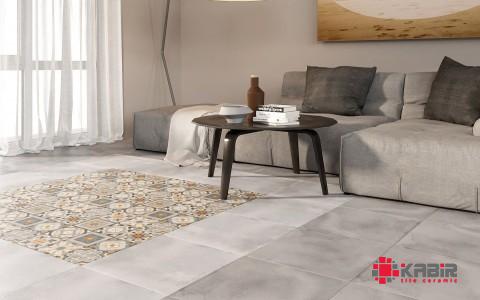 4. Glass Tiles: Glass tiles are coveted for their stunning visual appeal and light-reflective properties. They are often used as accent pieces or backsplashes to add a touch of glamour and modernity to kitchens, bathrooms, and other living spaces. Installation Process: The installation of floor wall tiles is a crucial step that requires precision, skill, and attention to detail to ensure a flawless finish. It’s recommended to hire a professional tile installer to guarantee a high-quality result, but if you’re a seasoned DIY enthusiast, you can also tackle the installation yourself with the right tools and techniques. Here is a general overview of the installation process for floor wall tiles: 1. Preparation: Before you begin laying the tiles, ensure that the surface is clean, flat, and free of any debris or dust. If necessary, apply a primer or waterproofing membrane to create a suitable base for the tiles. 2. Layout: Plan the layout of the tiles to determine the starting point, avoid small cuts at the edges of the room, and ensure a symmetrical placement of tiles. Use tile spacers to maintain consistent grout joints throughout the installation. 3. Cutting Tiles: Use a tile cutter or wet saw to cut tiles to fit around obstacles such as corners, doorways, and fixtures. Measure twice and cut once to avoid wastage and achieve a seamless look. 4. Adhesive Application: Apply a thin layer of tile adhesive to the surface using a trowel, working in small sections to prevent the adhesive from drying out too quickly.
4. Glass Tiles: Glass tiles are coveted for their stunning visual appeal and light-reflective properties. They are often used as accent pieces or backsplashes to add a touch of glamour and modernity to kitchens, bathrooms, and other living spaces. Installation Process: The installation of floor wall tiles is a crucial step that requires precision, skill, and attention to detail to ensure a flawless finish. It’s recommended to hire a professional tile installer to guarantee a high-quality result, but if you’re a seasoned DIY enthusiast, you can also tackle the installation yourself with the right tools and techniques. Here is a general overview of the installation process for floor wall tiles: 1. Preparation: Before you begin laying the tiles, ensure that the surface is clean, flat, and free of any debris or dust. If necessary, apply a primer or waterproofing membrane to create a suitable base for the tiles. 2. Layout: Plan the layout of the tiles to determine the starting point, avoid small cuts at the edges of the room, and ensure a symmetrical placement of tiles. Use tile spacers to maintain consistent grout joints throughout the installation. 3. Cutting Tiles: Use a tile cutter or wet saw to cut tiles to fit around obstacles such as corners, doorways, and fixtures. Measure twice and cut once to avoid wastage and achieve a seamless look. 4. Adhesive Application: Apply a thin layer of tile adhesive to the surface using a trowel, working in small sections to prevent the adhesive from drying out too quickly.
…
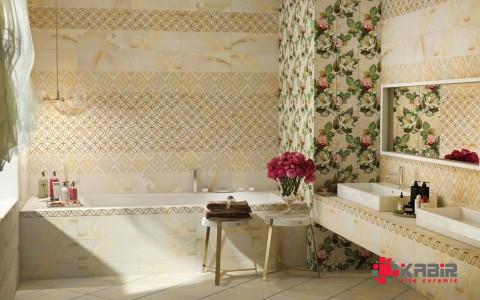 5. Tile Installation: Place the tiles on the adhesive, gently pressing them down and adjusting their position as needed. Use a level to ensure that the tiles are correctly aligned and flat. 6. Grouting: Once the tiles are set in place, allow the adhesive to cure before grouting the joints. Use a rubber float to apply the grout, pressing it into the joints and wiping off any excess with a damp sponge. Maintenance Tips: Proper maintenance is essential to prolonging the lifespan and beauty of your floor wall tiles. Here are some tips to keep your tiles in pristine condition: 1. Regular Cleaning: Sweep or vacuum your floor wall tiles regularly to remove dust, dirt, and debris. Mop the tiles with a mild detergent and water solution to keep them looking clean and shiny. 2. Sealing: Depending on the type of tiles you have, you may need to seal them to protect against stains, water damage, and discoloration. Consult with your tile manufacturer or installer to determine the appropriate sealer for your tiles. 3. Grout Maintenance: Inspect the grout lines periodically for signs of deterioration or discoloration. Clean the grout with a grout cleaner or a mixture of baking soda and water to remove dirt and mildew buildup. 4. Avoid Harsh Chemicals: Steer clear of abrasive cleaners, harsh chemicals, and acidic substances that can damage the surface of your tiles. Opt for gentle, pH-neutral cleaners to preserve the integrity of your tiles.
5. Tile Installation: Place the tiles on the adhesive, gently pressing them down and adjusting their position as needed. Use a level to ensure that the tiles are correctly aligned and flat. 6. Grouting: Once the tiles are set in place, allow the adhesive to cure before grouting the joints. Use a rubber float to apply the grout, pressing it into the joints and wiping off any excess with a damp sponge. Maintenance Tips: Proper maintenance is essential to prolonging the lifespan and beauty of your floor wall tiles. Here are some tips to keep your tiles in pristine condition: 1. Regular Cleaning: Sweep or vacuum your floor wall tiles regularly to remove dust, dirt, and debris. Mop the tiles with a mild detergent and water solution to keep them looking clean and shiny. 2. Sealing: Depending on the type of tiles you have, you may need to seal them to protect against stains, water damage, and discoloration. Consult with your tile manufacturer or installer to determine the appropriate sealer for your tiles. 3. Grout Maintenance: Inspect the grout lines periodically for signs of deterioration or discoloration. Clean the grout with a grout cleaner or a mixture of baking soda and water to remove dirt and mildew buildup. 4. Avoid Harsh Chemicals: Steer clear of abrasive cleaners, harsh chemicals, and acidic substances that can damage the surface of your tiles. Opt for gentle, pH-neutral cleaners to preserve the integrity of your tiles.
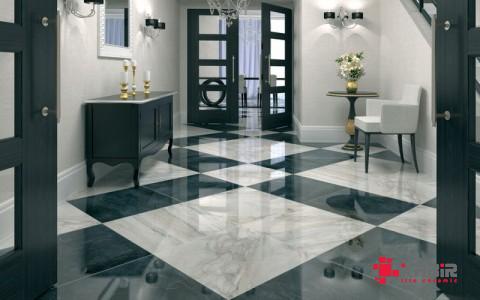
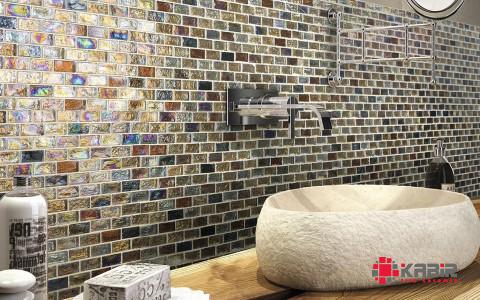

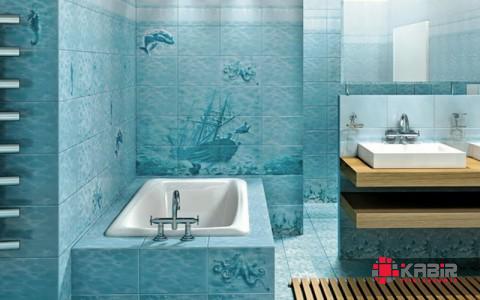
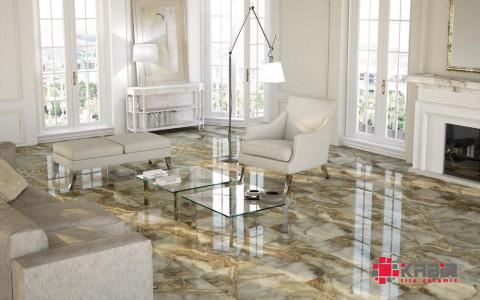
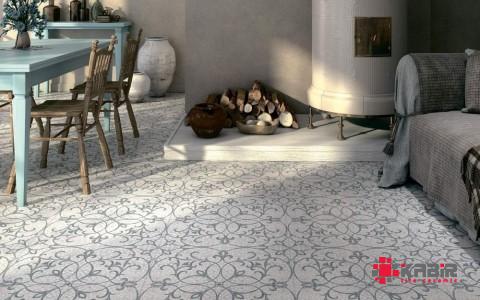

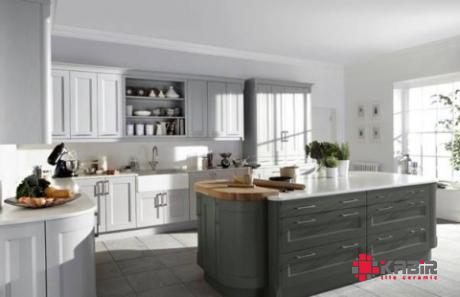

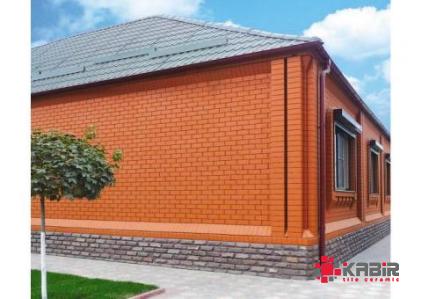
Your comment submitted.